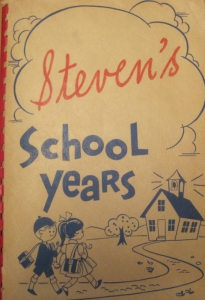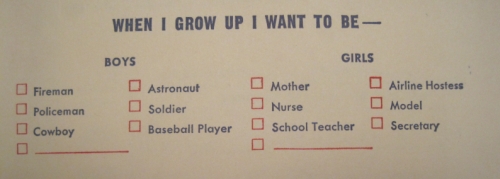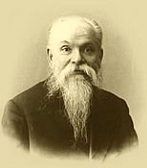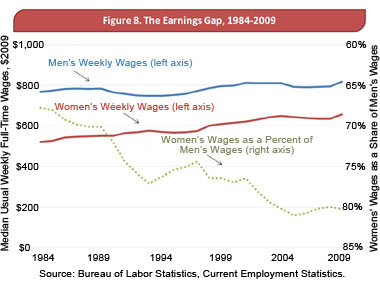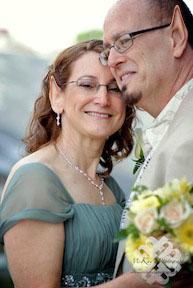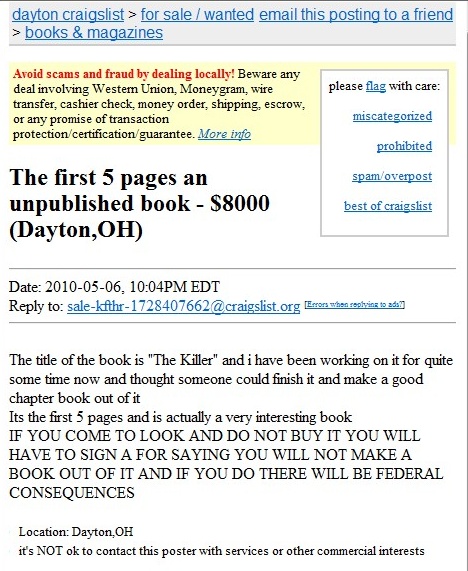Science marches on. Recent developments have made it possible to answer the age-old question: What percentage of your college faculty used their work email addresses to establish accounts at Ashley Madison?
In a sample of 33 highly ranked colleges, the answer ranges from a low of 1.6% at Oberlin to a pretty much unbelievable 22.6% at the University of Minnesota. (The full rankings appear at the bottom of this post.)
I got these percentages by counting the number of unique email addresses ending with, say, “harvard.edu” in the leaked Ashley Madison database, and dividing by the number of Harvard faculty, as reported by the college either on its website or in its Common Data Set filings.
The methodology, is, of course, fraught with peril. First, the majority of academic email addresses belong not to faculty, but to students. But it seems like a good guess that faculty (by virtue of their average age) are both far more likely than students to be trolling Ashley Madison, and far more likely than students to be clueless about acquiring anonymous email addresses. Besides, a quick spotcheck of the email addresses in the Ashley Madison database does indeed confirm that most of them (at least in one small but random sample) belong to faculty members.
There are also, of course, staff, and the staff-to-faculty ratio probably varies a lot from school to school, so weeding out the staff could change the relative rankings quite a bit. But again, my (still small but still random) sample continues to indicate that these are mostly faculty members.
A far more important issue might arise from the fact that some universities have multiple campuses. It’s possible, for example, that the 657 umn.edu email addresses in Minnesota’s numerator came from many campuses, while the 2913 facuty in their denominator represents only the main campus. This will tend to inflate the rankings of the big state schools, and might account for the appearance of Minnesota, Virginia, Michigan and Cornell at the top — suggesting that if the numbers were crunched more carefully, the prize might go to Liberty University. If I were going to use these rankings for anything important, I’d give this issue a harder look.
One might also note that anybody can type anybody else’s email address into Ashley Madison, but I’m inclined to discount the importance of that, because it’s hard for me to see what the motive would be (except, perhaps, as part of a campaign to flood someone’s email box with unwanted replies).
With those caveats, feel free to use these rankings as a measure of your college faculty’s average cluelessness, at least when it comes to maintaining anonymity over the Internet.
Continue reading ‘The Ashley Madison Test of College Faculty Cluelessness’
 The death last week of the pathbreaking comic book artist Trina Robbins reminded me of an odd bit of history. Before she was a cartoonist, Robbins owned and operated a Lower East Side boutique called Broccoli, where all of the clothes were hand-made, the regular customers included (according to Wikipedia) Mama Cass, Donovan and David Crosby — and all of the merchandise was in Trina’s size, so that the store could double as her personal clothes closet.
The death last week of the pathbreaking comic book artist Trina Robbins reminded me of an odd bit of history. Before she was a cartoonist, Robbins owned and operated a Lower East Side boutique called Broccoli, where all of the clothes were hand-made, the regular customers included (according to Wikipedia) Mama Cass, Donovan and David Crosby — and all of the merchandise was in Trina’s size, so that the store could double as her personal clothes closet.


